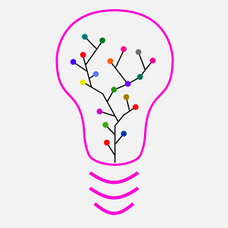Why You Should Link Knowledge to Time
Knowledge and time are closely related. What is the relationship between those and what does it imply for lifelong learners and knowledge management? Let's find out!

In this article, I want to discuss the relationship between learning, knowledge and time.
Introduction
Whatever you decide to learn increases your knowledge about the world. Properly "managed", that knowledge can prove a valuable asset over time. But what do I mean by managed? And what is the relationship between knowledge and time? Let's explore those questions one by one.
How not to manage your knowledge?
The main thing that schools teach students is to memorize as much as possible. Memorization is supposed to be the "holy grail" of learning. That would be great if our brains were more reliable. Unfortunately, human memory works in mysterious ways. Storing new information requires a lot of effort. Even with advanced techniques such as Spaced Repetition, retaining a lot of information is tough, and retrieval remains pretty random over time.
Not only that, but the information you manage to retrieve is often far from its original/purest form. Memory adds subjectivity, a lot of randomness/noise, and requires interpretation and assumptions.
If you only count on your memory to manage your knowledge, then you're missing out. You will always be limited by your brain's capacity to retain and retrieve information at the right time and in the right "state".
So what should you do instead?
To manage your knowledge, start by storing it properly
When you take or make notes, you take information/knowledge out of your head and into a way more reliable storage system. If you write on paper, then it's easy to make copies of that paper, to put it in a safe place, etc. Retrieval will "just" be a matter of going through your notes. Assuming those were safe from harm, you will be able to retrieve the information in the exact state you stored it.
And if you take digital notes, then there are a ton more ways to save/backup information/knowledge and efficiently retrieve what you need when you need it.
The main drawback of taking and making notes (whether analog or digital) is that the information is not in your head anymore. At least not all of it. But the mere act of taking or making notes actually helps a ton with memorization. In practice though, most of the time, all you need to keep in your head are cues towards the information you need (i.e., I know how and where I can find what I need) and mental models. For instance, I know quite a lot about software development, but I never try to memorize what I learn. I only focus on capturing the information that matters in my Personal Knowledge Management, and building better mental models. And I use the same approach for whatever I learn.
I prefer digital to analog for various reasons, and use as few applications as I can for storing my knowledge. Currently, my note-taking application of choice is Obsidian. To help me use it as best as I can, I've created the Obsidian Starter Kit. It's basically a 1:1 copy of the system I use for myself.
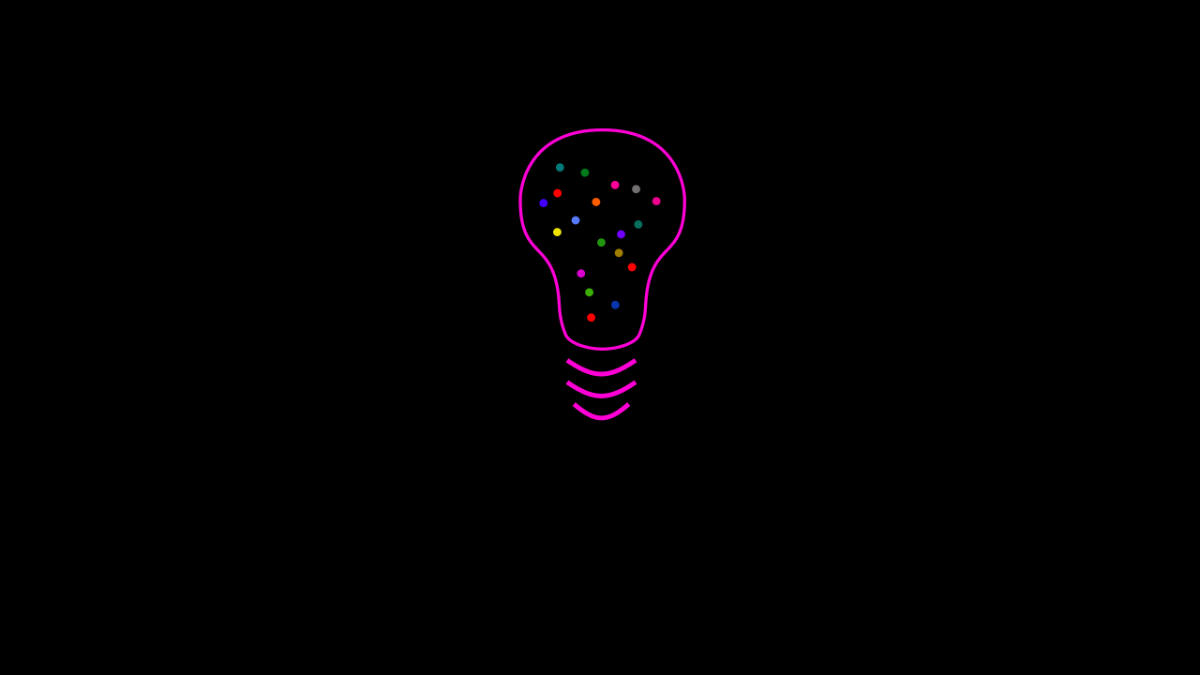
By properly storing, organizing and tagging my knowledge, I get to create a valuable Knowledge Base. Over time, its value is compounding. Among other things, the relationships between the concepts, ideas and thoughts I store in my so-called Second Brain are highly valuable. Each link I create helps me strengthen my understanding, build better mental models and uncover more creative solutions to the problems I face. I strongly believe that the links between my notes are as valuable as the notes themselves. Knowledge graphs have emergent properties.
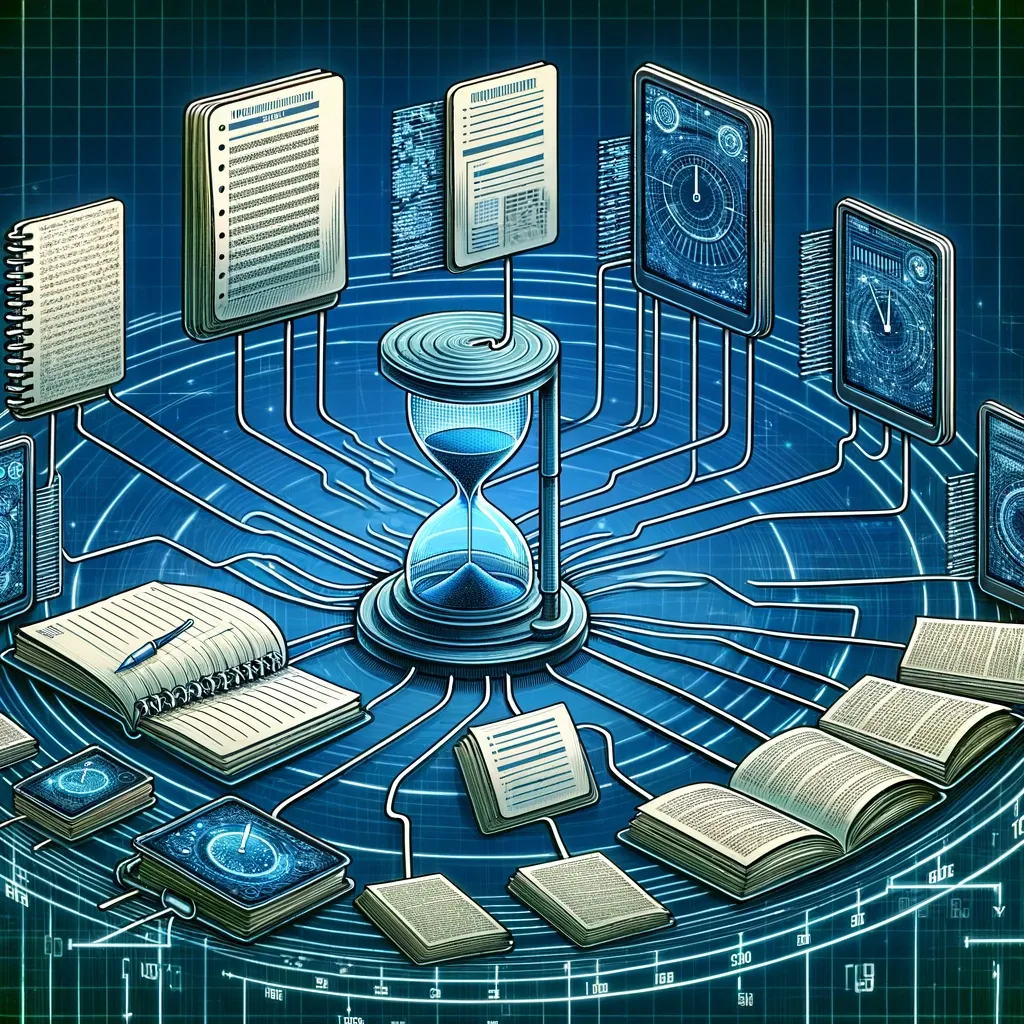
That's also why I'm now working on the Knowledge Worker Kit, a knowledge base about Personal Organization, Personal Knowledge Management and productivity. In it, and with the associated community, we explore how Knowledge Workers can improve the way they learn, think and work. And there's still a ton to explore 🚀
What is the relationship between knowledge and time?
Whatever you learn only represents a partial snapshot of what some people currently think or believe about something. By definition, existing knowledge is incomplete and transient. There will always be new discoveries, improvements, and changes that invalidate previous knowledge. We live in a world of incomplete information and knowledge, and it will always be that way. And that's great. But what does it mean for lifelong learners? Mainly, that knowledge is transient and that its value decays over time. Everything you learn and store or memorize is bound to become more and more distant from what the world as a whole knows and thinks. This has a deep impact on how you should learn, as well as how you should manage your knowledge.
Knowledge is thus tightly coupled with time. The things you know (or think you know) and the notes you take need to be reviewed, revisited and updated regularly. Not doing so de facto leads to incomplete, inaccurate and outdated knowledge.
For instance, what I learned about software development during my studies is now almost entirely bogus. The world has changed a lot. New technologies, techniques and tools have emerged. Those have changed the way we work and think. And it keeps happening. Not only it keeps happening, but it also happens faster and faster.
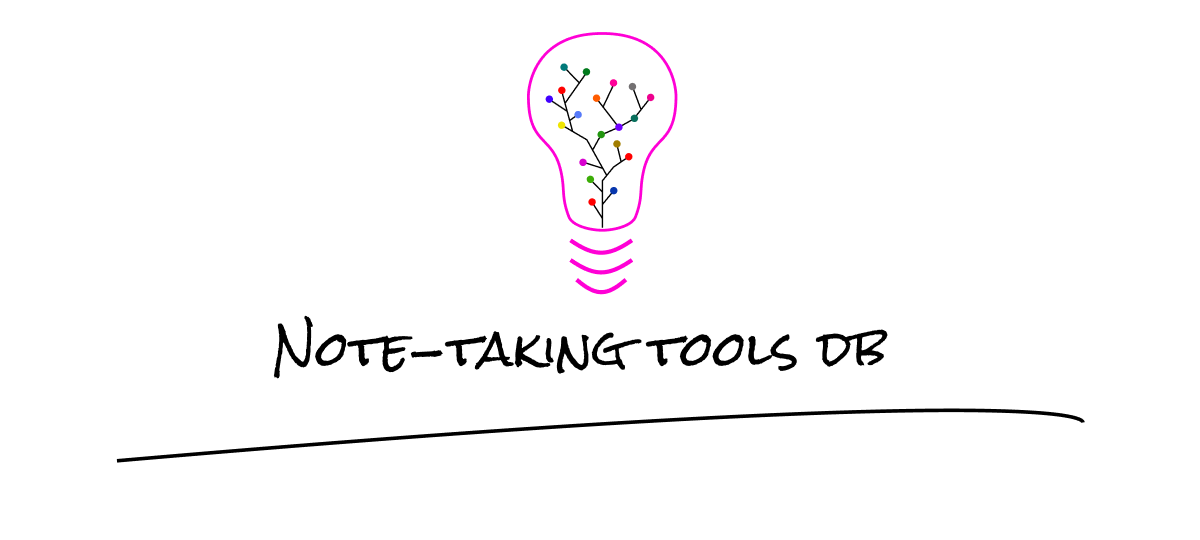
How to manage your knowledge through time
Whenever I take or make notes, I keep track of when I learned and captured new information. This enables me to consider how outdated my understanding may be. In turn, this enables me to revisit ideas and update those to reflect the current "state" of the world. This helps me unlearn outdated things, improve my knowledge and create more accurate mental models.
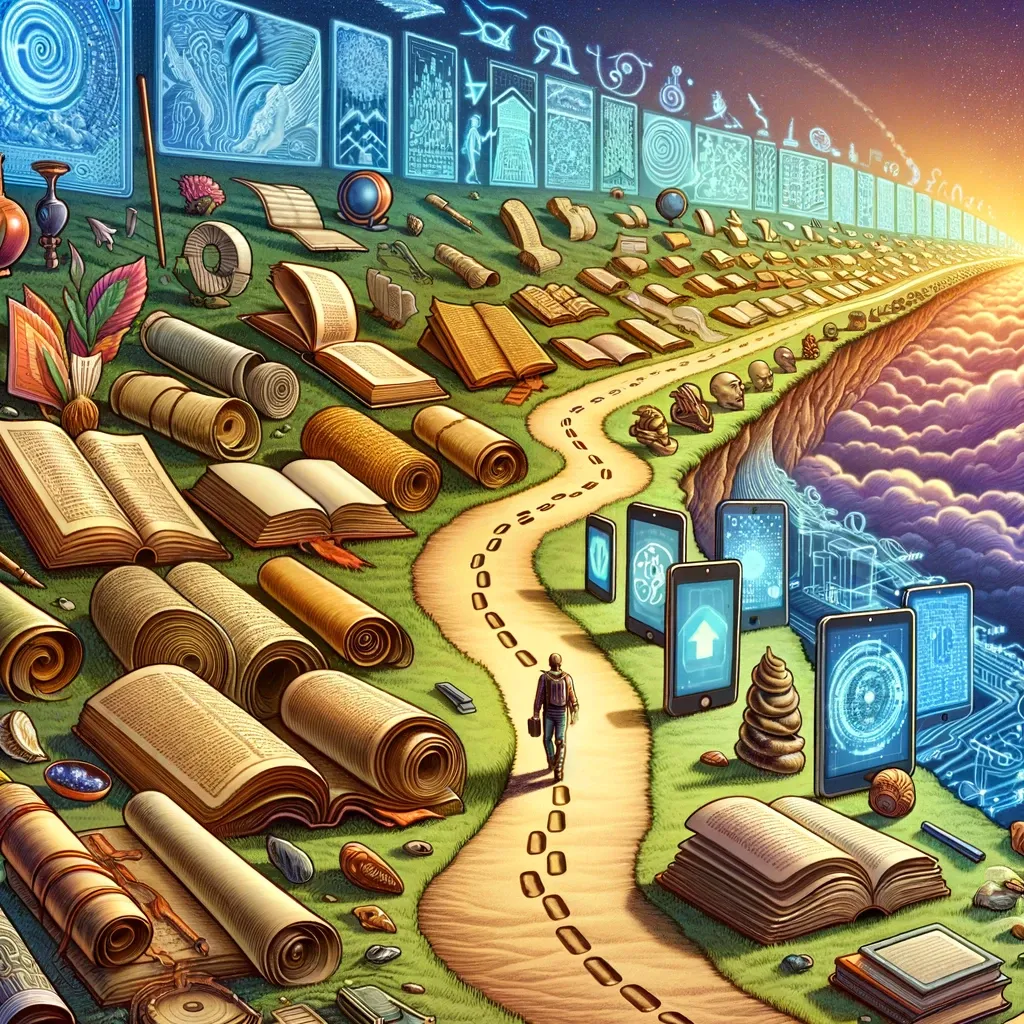
IMHO, managing knowledge through time can only be done if you properly manage your knowledge. Memory is way too weak. It does not comprehend the idea of knowledge versioning, whereas versioning analog or digital information is much easier. If I create a note about software development at T1, its very easy for me to create an updated version at T2, while keeping T1 around for reference. Knowledge versioning is a different topic, but it's very relevant for managing knowledge over time. I mentioned earlier that links are at least as valuable as the notes themselves. To that, I need to add that previous versions of notes and links are also valuable. It's always interesting to observe and reflect on how ideas about a certain topic evolve over time. This can help uncover trends, possible improvements, and so on.
Conclusion
This article barely touches the surface of the relationship between knowledge and time. I hope this piece will get you thinking, and that it will also encourage you to think more seriously about Knowledge Management ❤️
About Sébastien
I'm Sébastien Dubois, and I'm on a mission to help knowledge workers escape information overload. After 20+ years in IT and seeing too many brilliant minds drowning in digital chaos, I've decided to help people build systems that actually work. Through the Knowii Community, my courses, products & services and my Website, I share practical and battle-tested systems. You can follow me on X 🐦 and on BlueSky 🦋.
I am an author, founder, and coach. I write books and articles about Knowledge Work, Personal Knowledge Management, Note-taking, Lifelong Learning, Personal Organization, and Zen Productivity. I also craft lovely digital products.
If you want to follow my work, then become a member and join our community.
Ready to get to the next level?
If you're tired of information overwhelm and ready to build a reliable knowledge system:
- 🎯 Join Knowii and get access to my complete knowledge transformation system
- 📚 Take the Course and Master Knowledge Management
- 🚀 Start with a Rock-solid System: the Obsidian Starter Kit
- 🦉 Get Personal Coaching: Work with me 1-on-1
- 🛒 Check out my other products and services. These will give you a rock-solid starting point for your note-taking and Knowledge Management efforts


